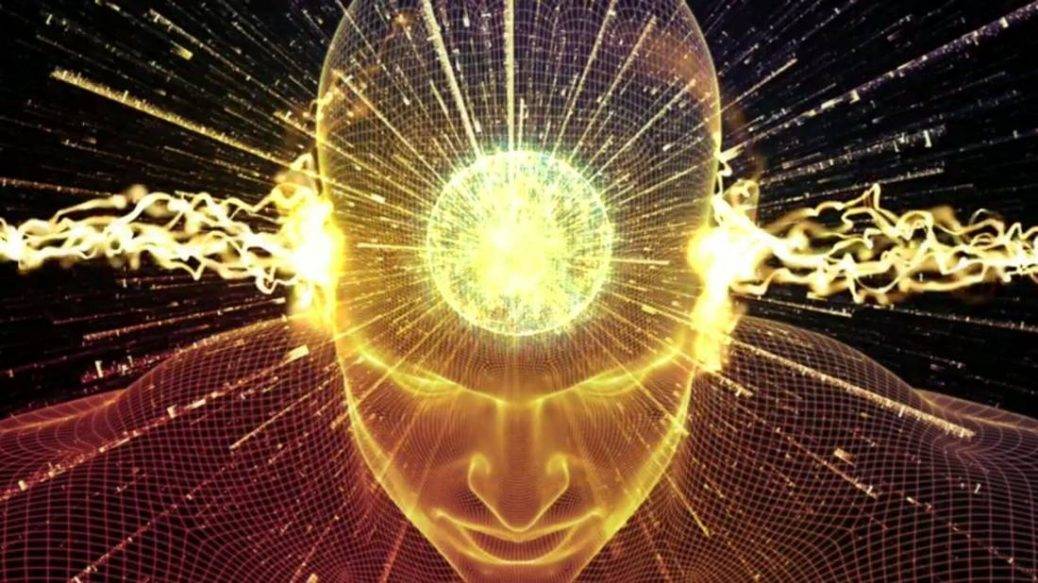
Science today focusses on objective phenomena. Can it be verifiable, replicable or falsifiable? This is why when we ask ‘What Is The Mind?’, science goes very quiet.
One thing that it has been avoiding is the mind and consciousness itself. That is because it cannot be measured and put into a box, and therefore, this study does not fit into the postmodern science classroom. The reality is that science has no idea how to study consciousness or the mind, nor does it know the tools to study it.
The field of psychology has tried and made progress. Psychoanalysts studied the mind a little more in-depth by working with past traumas and theories such as the Oedipus complex. Jung took this work a step further and went into the archetypal realities of consciousness, but this was still not even close to getting a grasp of human consciousness’s infinite depth.
What Is The Mind?
In my conversation with Michael Tsarion, I asked him to expand on his idea that the late 19th century was the beginning of the psyche trying to understand itself, whether that be for the first time or since a collective traumatic event, where there was a ‘split’ in consciousness. I agree with this thesis – but what does that say about the mind itself?
By observation, it seems that the mind is a never-ending stream of thoughts, ideas, opinions, beliefs, doubts, fears, memories etc. With a bit of concentration and training, you may get a short time of focus and a logical thought process. There seems to be no tolerance for quietness with an incessant barrage of noise. The Buddha said that you could glimpse the true self between thoughts, but how often are we aware of that still point?
The study around the nature of thoughts has concluded that there is an ‘inner thinker’ controlling this mentation. Psychologists suspect that the flow of thoughts come from the subconscious mind and instinctual and emotional drivers. The mind is also erratic and susceptible to emotions, feelings, projections, paranoia, anxiety, fears etc.
According to Dr David Hawkins, the mind’s primary defect is its incapability to discern between truth and falsehood. He believes that to undo the dominance of the mental content, it is necessary to realise that thoughts are not personal, they are not valuable, and they do not originate from one’s own self. Like the body, Hawkins says, ‘the mind and its contents are really a product of the world’.
Conclusion
To conclude, after knowing the nature of the mind and it’s subtle mechanics, it is recommended to move to another level of consciousness and ask what is aware of the thoughts. What is aware of the flow of ‘thinkingness’? In the same way as a tongue is not affected by taste, an eye is not affected by what is seen, and an ear is not affected by what is heard; the thoughts do not affect the observer/witness/awareness – it remains.
This observing allows the continual flow of thoughts without involvement from you (the ‘I’). This helps to know with certainty that thoughts arise spontaneously and are not personal – they happen whether you want them to or not. The thoughts are not ‘yours’ because there is no ‘me’ making the conscious decision for them to materialise.
This realisation that the mind is not the same as the ‘I’ breaks the commonly held belief that the self is the mind.
Does the eye take authorship of the things it sees?
Meditation
Use meditations (such as this) as a tool for observing the minds endless stream of consciousness.